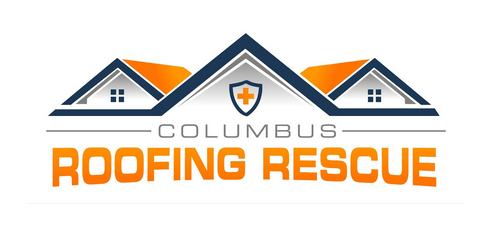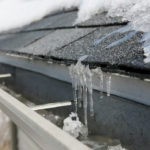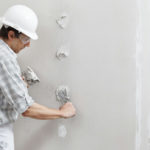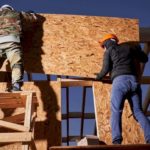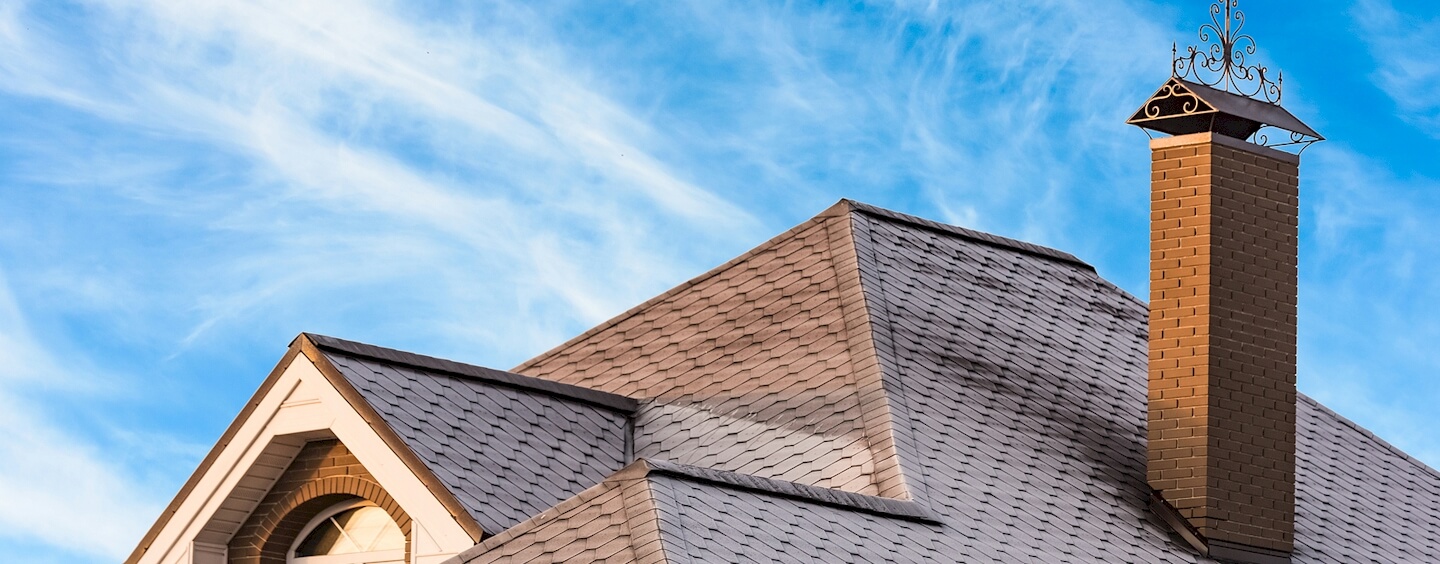
How to Stop Water from Coming Down Your Chimney
Are you noticing water leaking from your chimney and putting out your fire when it rains? There are various reasons why rainwater may be dripping down your chimney. There could be a leak in the roof. Or perhaps a gap might exist between your roof and chimney.
Whatever the reason(s), a leaking chimney is more than an annoyance, and it may cause costly damage to your fireplace and your home’s interior and exterior. That’s why sorting out this problem as quickly as possible is essential.
So what causes leaks in chimneys? How do I spot them? And fix and prevent them? Keep reading to learn more.
How To Spot Chimney leaks
It isn’t always obvious to notice water leaking down your chimney. The signs are sometimes clear–like seeing water puddles in your chimney–but it can be hard to spot the more subtle signs.
Some signs to check for include the following:
- Dripping water: Do you hear water leaking in your fireplace? That might be a sign your chimney is letting the rain in. The problem is most likely to occur immediately after a storm ends.
- Condensation: If the inner walls of your fireplace are regularly prone to condensation, this might be another sign of water coming down your chimney.
- Puddles of water: If you see fairly large pools at the bottom of the chimney, it’s a sign of structural damage in your chimney.
- Stained walls: Based on the extent of water seepage, you may sometimes notice stained plaster on your chimney breast. If so, then water leaking into the chimney could be the culprit.
- Musty odors: Lingering musty odors are an obvious sign that water’s leaking down your chimney. Odors are often the result of water gradually seeping in, so the cause is probably damage to the chimney flue liner or chimney stack.
Causes Of Chimney Leaks
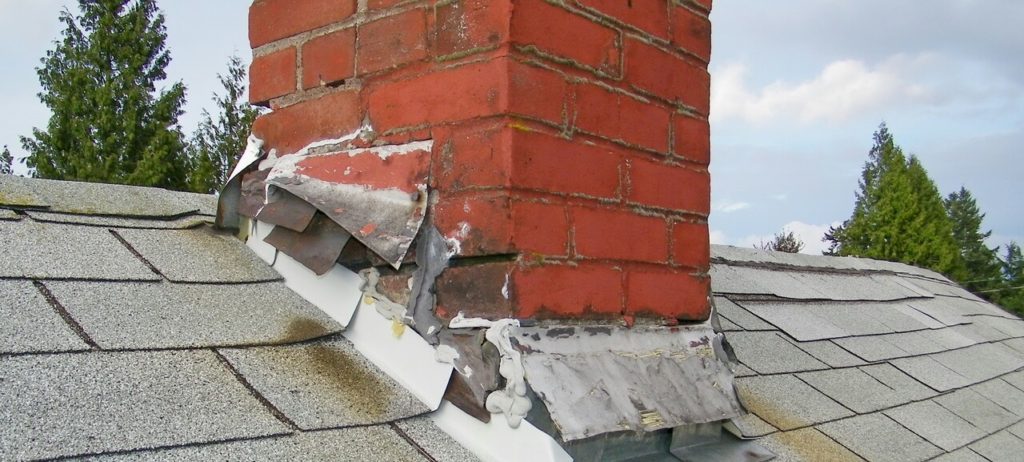
If your chimney is leaking, it could typically be due to at least one of these reasons:
- Damaged flashing: Flashing covers joints and keeps water from entering your chimney. However, it may become worn out and damaged over time, causing leaks.
- Structural damage: The most vulnerable part of a chimney is probably its brick-and-mortar joints since they suffer lots of stress from constant exposure to the elements. When these joints get damaged, water starts to leak into your chimney.
- Cracked chimney crown: A chimney’s crown is placed on top of the chimney above the brickwork. Typically made of cement, its job is to stop water from getting into the chimney and causing damage. A cracked chimney is less effective at preventing leaks.
- Damaged or missing roof tiles: Missing or damaged roof tiles may also cause chimney leaks. Why? Water on any damaged roof part can find its way into your chimney.
- Gutter problems: If your home’s gutters are broken or blocked, this may cause water to collect in undesired places before entering your chimney. One common sign of gutter issues is a damp chimney.
- Chimney condensation: Condensation can build up inside your chimney and cause leaks. Leaks from condensation result from switching from wood to gas burning and not fitting your chimney with the right liner.
How to Stop Chimney Leaks
If you’ve confirmed that a leak is the main reason for water coming down the chimney into your fireplace, you can try the following fixes to address the problem.
Fix the Chimney Stack
If a damaged chimney stack is the source of leaks, you must seek a professional builder’s help. A damaged chimney requires extensive repair, so it’s best to let a trusted professional builder handle it.
Install New Flashing
If the cause of the leaks is damaged flashing, installing new replacement flashing is a simple, straightforward fix. You can use flashing tape to quickly fix the problem on your own. However, we insist that this should only be a short-term fix.
Fix the Chimney Flue Liner
If water leaks into your chimney due to a damaged flue liner, you must also bring a reputable builder. This is especially important if your chimney is of the older class 1 variety and is masonry-built, or clay, pumice, or concrete-lined.
If you go down this path, then it’s recommended that you fit a flexible steel flue liner as well. Doing so will leave a much narrower opening for rainwater to enter and make your chimney much more effective.
Replace Damaged/Missing Tiles
Apart from being an excellent way to protect your entire home, replacing damaged or missing roof tiles will lessen the chances of water entering your chimney. And as with many fixes in this section, hiring a professional roofer for this remedial work is advisable.
Regularly Clear Gutters
Clearing your gutters regularly is as much a fix as a preventative measure. Try to keep a routine of clearing out your gutters regularly–especially in the autumn, when fallen leaves are very likely to cause blockages.
How to Prevent Leaks from Reoccurring in Your Chimney
Here are the things you can do to prevent chimney leaking from happening again in the future:
- Regular cleaning is one of the most effective ways to avoid leakages in your chimney. Use a chimney brush to remove debris, dust, and soot collecting along its walls.
- Regular chimney sweeping can provide the same benefits as cleaning your chimney’s base. You can do it yourself or hire a professional.
- Checking your chimney regularly and having it regularly serviced can help catch any problems present before they get worse.
- Unblocking your home’s gutter regularly can help you prevent leaks.
- Installing a rain cap on your chimney can help reduce the chances of leaks especially during or after heavy rain.
Protect Your Chimney From Leaks
While masonry-built chimneys are made to last forever, they can suffer damage and deterioration over time. So, preventing water from getting into your chimney is one way to prolong its lifespan.
To fix leaks in your chimney or prevent them from occurring in the first place, make sure to hire a qualified chimney repair expert to do regular inspections and repair work.
